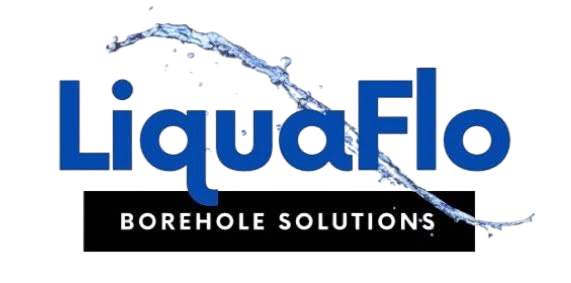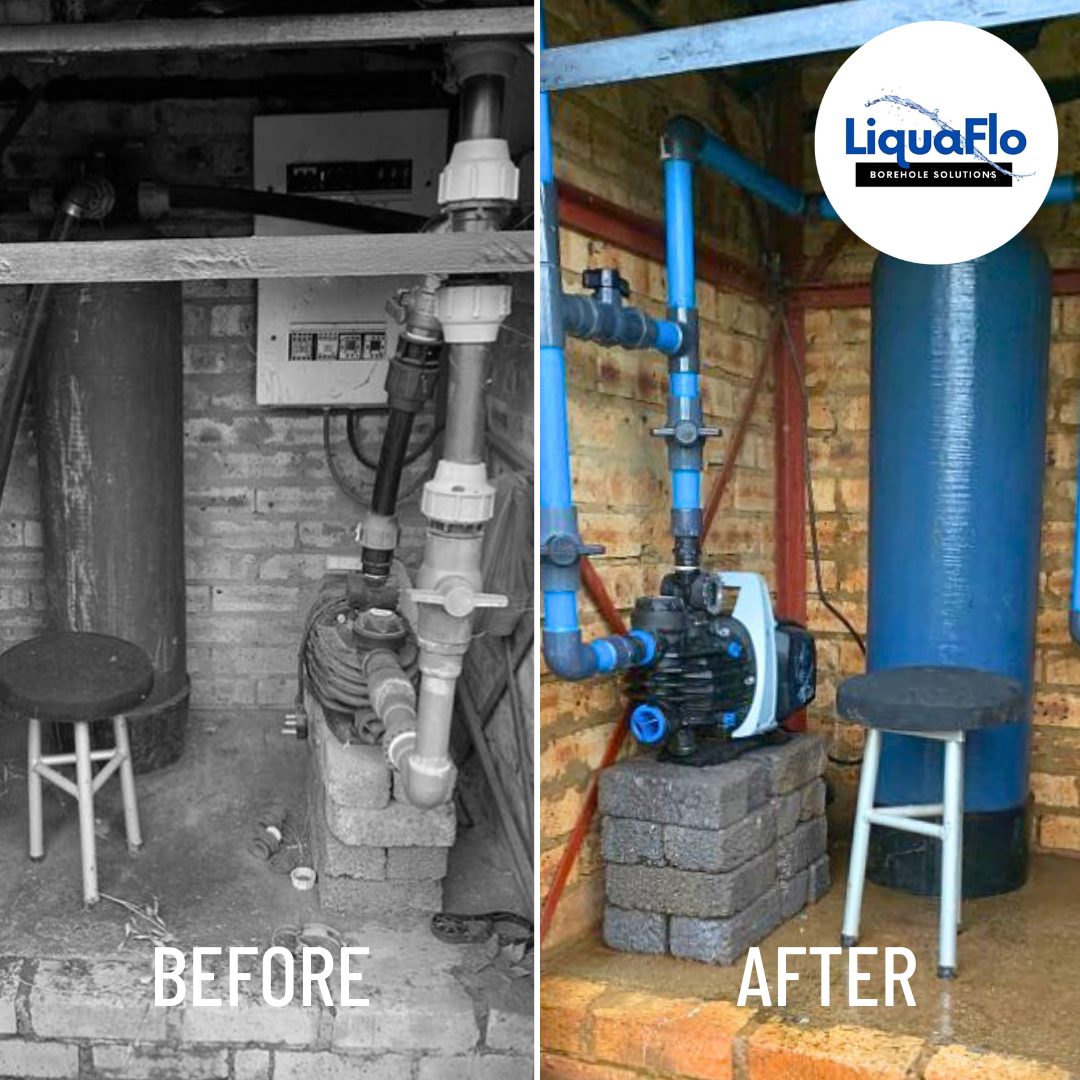When your water bill starts creeping up, it's only natural to wonder: Is there a better way to manage my water usage? If you're a homeowner, business owner, or farmer in South Africa — especially in Johannesburg — you’ve probably come across the idea of switching to a borehole water system. But is it really cheaper than sticking with municipal water? And what are the trade-offs?
Let’s break it down.
The Cost of Municipal Water in Johannesburg
Municipal water costs in South Africa continue to climb year after year. For residential users in Johannesburg, water tariffs are tiered — meaning the more you use, the more you pay per litre. This becomes a serious issue if you’re watering a large garden, filling up a pool, running a farm, or managing commercial properties.
Key concerns:
- Tariff increases every year
- You pay for water and sanitation services
- Risk of water cuts or restrictions during droughts
- Limited control over water quality
Borehole Water: Pay Once, Save for Life

Installing a borehole might seem pricey upfront, but it’s an investment that keeps paying off over time. Once installed, you have direct access to an independent underground water source. And yes — in most cases, you don’t pay ongoing municipal fees to use it.
At LiquaFlo Borehole Solutions, we offer complete systems that include geo-surveying, pump installation, purification systems, and tank setups — tailored to your specific needs, whether you're in a residential suburb or running an agricultural operation.
Borehole installation cost breakdown:
- Drilling (subcontracted): From R30,000–R80,000 depending on depth and location
- Pump system & piping: R8,000–R25,000
- Filtration & purification (optional but recommended): R3,000–R15,000
- Tanks and stands: R3,000–R10,000
- Total upfront cost: ~R40,000–R120,000+
It might seem like a lot, but the monthly savings and long-term independence make it worthwhile — especially in regions where municipal water costs are rising or reliability is low.
Borehole vs Well: What's the Difference?

While many use the terms interchangeably, a borehole is a deeper, mechanically-drilled source that taps into underground aquifers. A well, on the other hand, is usually shallower and dug by hand or basic machinery. Boreholes typically provide cleaner, more reliable water and are the preferred option in urban and agricultural settings.
Save on Water Bills and Go Off-Grid

The real magic happens after installation — when your water bill drops to almost zero. Sure, you’ll need to maintain your system and replace parts like filters or controllers over time, but those costs are minor compared to what you’d be paying monthly to your local municipality.
Added bonus? Boreholes can be paired with solar pumps for a fully off-grid, sustainable water solution — perfect for properties looking to reduce their carbon footprint and operating costs.
Is Borehole Water Safe to Drink?

Absolutely — as long as you install a proper purification system. At LiquaFlo, we tailor every system to your water quality needs, using SABS-approved parts and filtration methods to ensure safe, clean water for your home or business.
So, Which One Saves You More?
✔️ Upfront Cost? Municipal water wins.
✔️ Monthly Costs? Borehole water by a long shot.
✔️ Long-Term Savings? Borehole.
✔️ Control, sustainability & independence? Borehole every time.
If you're ready to cut your water bills and take control of your water supply, a borehole is a smart, future-proof investment — especially in areas like Johannesburg where infrastructure is stretched and water rates are rising.
Final Thoughts
Making the switch to borehole water isn’t just about saving money. It’s about gaining independence, improving sustainability, and investing in long-term value for your property. Whether you're a homeowner tired of ballooning bills or a business needing reliable water access, LiquaFlo is here to help you every step of the way.



